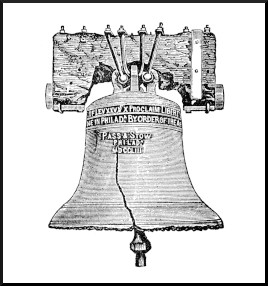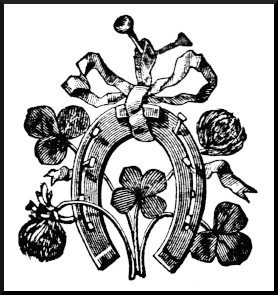Heinrich Heine? Claude Debussy? Peter Ilich Tchaikovsky? Richard Wagner? Leonora Schmitz? Henry R. Cleveland? Jean Sibelius? John S. Dwight? Ludwig van Beethoven? Anton Rubinstein? Anonymous?
Question for Quote Investigator: The expressiveness of words is paltry in the domain of deeply felt emotions and sensations. Yet, music can resonate with these profound feelings. Here are two versions of this sentiment:
- Music begins where language ends
- Where all words end, music begins
Numerous famous people have been credited with this adage including Russian composer Peter Ilich Tchaikovsky, French composer Claude Debussy, German composer Richard Wagner, and German poet Heinrich Heine. Would you please explore this topic?
Reply from Quote Investigator: This article is intended to provide an overview of this large and complex topic. Research is difficult because the phrasing of the adage is highly variable. In addition, the saying has appeared in multiple languages, e.g., English, German, French, and Russian. The native language of QI is English; therefore, this article is inevitably skewed toward English, but QI has attempted to locate instances in other languages.
Here is a set of dates and phrases summarizing the occurrences of this adage during a few early decades:
- 1835: Music begins where language ends
- 1841: Where the speech of man stops short there music’s reign begins (translation from French)
- 1845: (Music) begins where speech leaves off
- 1849: When words lose their power, it is then that the true office of music begins
- 1853: Music begins where words leave off
- 1855: Music begins where words cease
- 1857: The province of music begins where language fails
- 1865: Where the power of the words ceases, there that of the music begins
- 1866: Where all words end, music begins
Currently, the earliest match located by QI appeared in a July 1835 essay by Henry Russell Cleveland titled “The Origin and Progress of Music” in “The New-England Magazine”. Boldface added to excerpts by QI:1
Music begins where language ends; it expresses thoughts and emotions, to which speech can give no utterance; it clothes words with a power which language cannot impart. Our favorite songs are set to music, because we are not satisfied with hearing them recited; we want to express more vividly the emotions which these words excite within us; and music alone will do it. Hence it is, that after hearing them sung, the words appear powerless if read in the common tone of voice.
This adage has remained popular during the ensuing 185 years, and the remainder of this article discusses several variants with citations.
If you are interested in a specific prominent individual who has employed this saying you may wish to veer off and consult one of QI’s specialized articles.
Composer Richard Wagner employed the saying in 1841, and an article focused on that ascription is here.
Composer Pyotr Ilyich Tchaikovsky credited Heinrich Heine with the saying in 1878, and an article focused on that attribution is here.
Composer Claude Debussy received credit for the saying in 1889, and an article focused on that attribution is here.
Below are additional selected citations in chronological order.
Continue reading “Quote Origin: Music Begins Where Language Ends”







